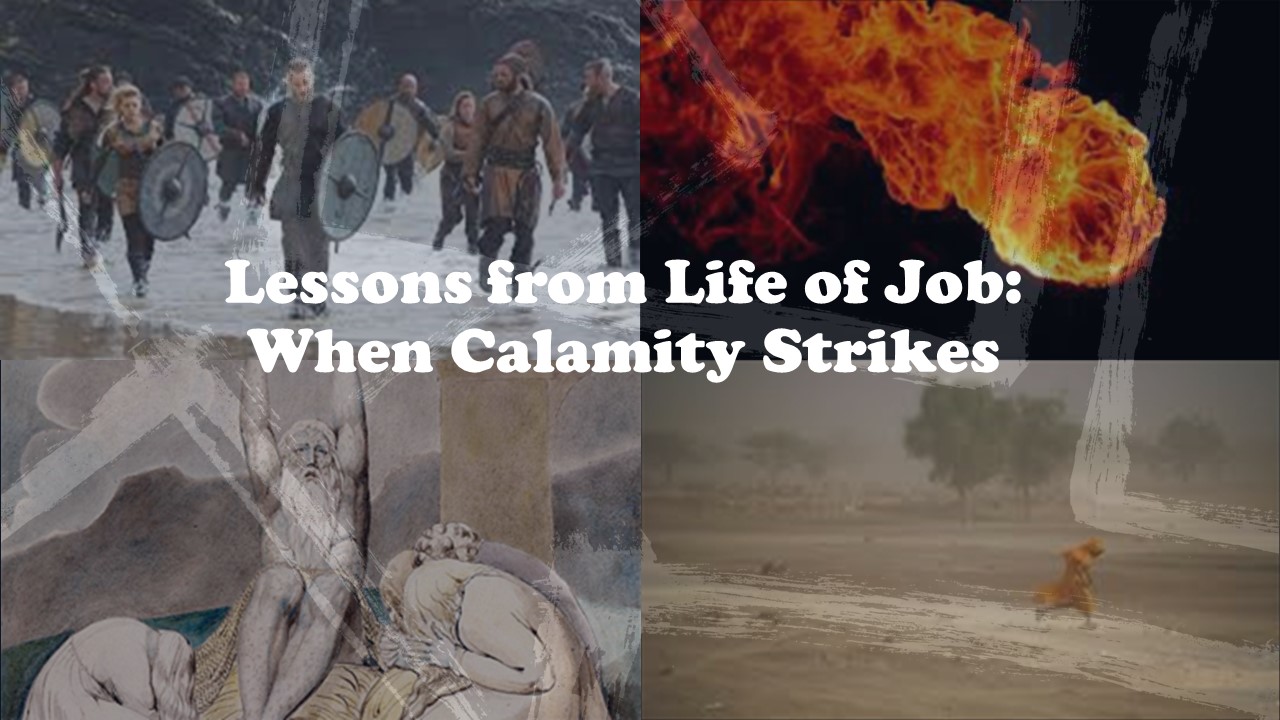Nebuchadnezzar II, a key figure from the Chaldean dynasty in ancient Mesopotamia, was notable for his role as the eldest son of Nabopolassar, founder of the Neo-Babylonian Empire. His reign is marked by significant military and architectural achievements, including multiple sieges of Jerusalem leading to the Babylonian Exile.
The Neo-Babylonian Empire, while establishing its own identity, was deeply influenced by the Sumerians and Akkadians, drawing from their languages, legal systems, and religious texts. Nebuchadnezzar's name, meaning "Nabu, watch over my heir," reflects the intertwining of royal authority with divine favor, showcasing the cultural and religious milieu of his time. This backdrop sets the stage for the narratives of Daniel and his friends, whose stories of faith and divine deliverance are immortalized in the Biblical text, offering insights into their lives and the broader historical and spiritual context of the Neo-Babylonian Empire.

The day comes when a heavenly council convenes. At this time, the "sons of God" present themselves before the Lord, and Satan appears among...

Luke 24:27 describes Jesus giving a Bible study to two disciples after his resurrection, showing them how he was the fulfillment of Old Testament...

In today’s episode, we continue our series of devotionals based on the songs from our musical The Disciple Whom Jesus Loves. We turn our...